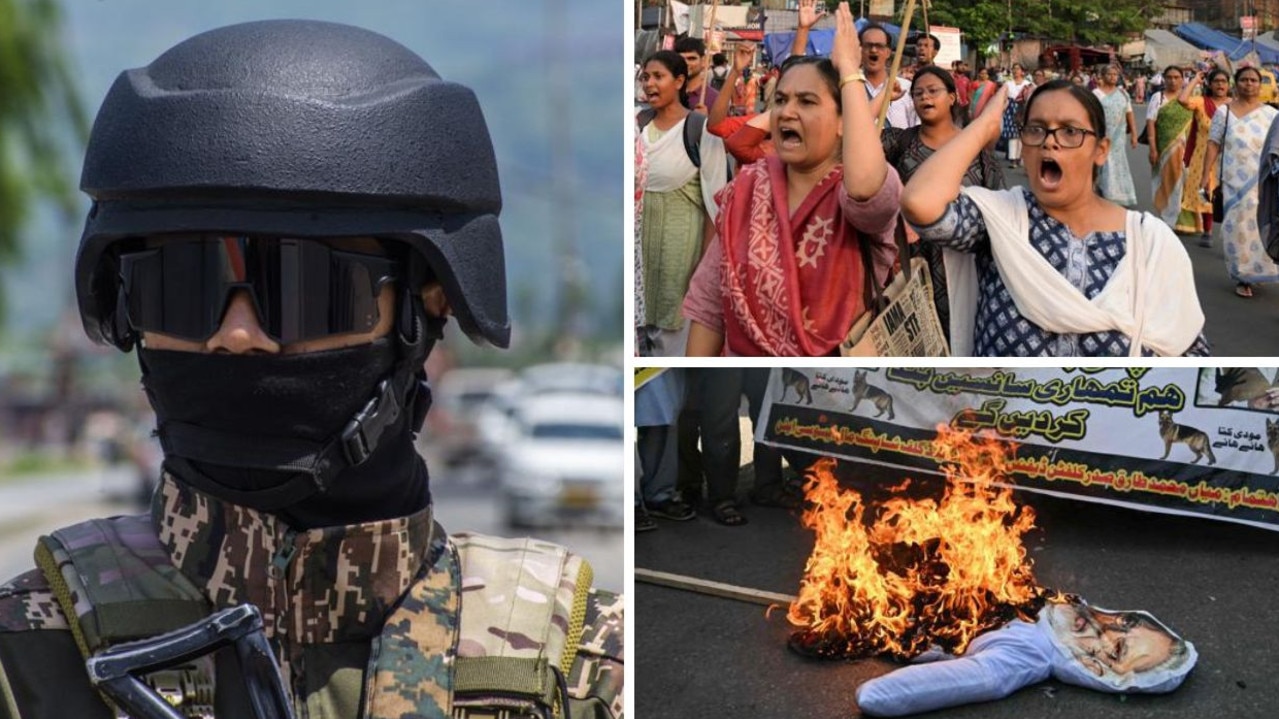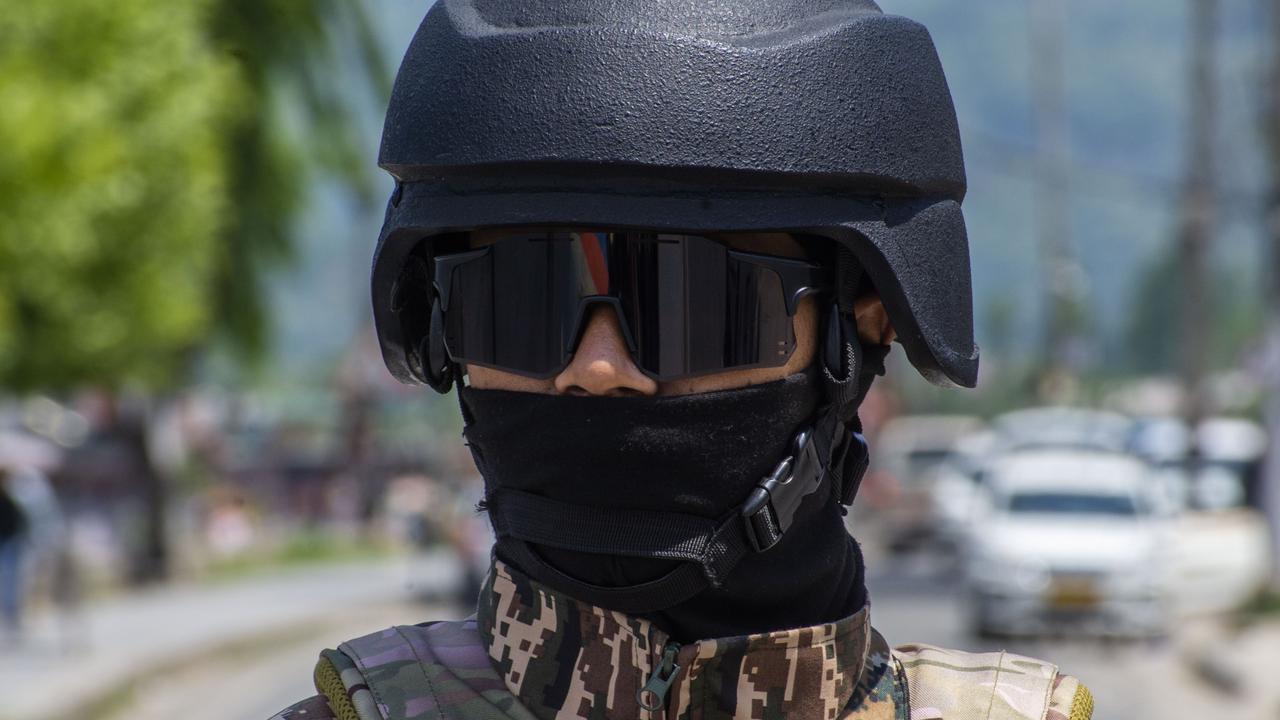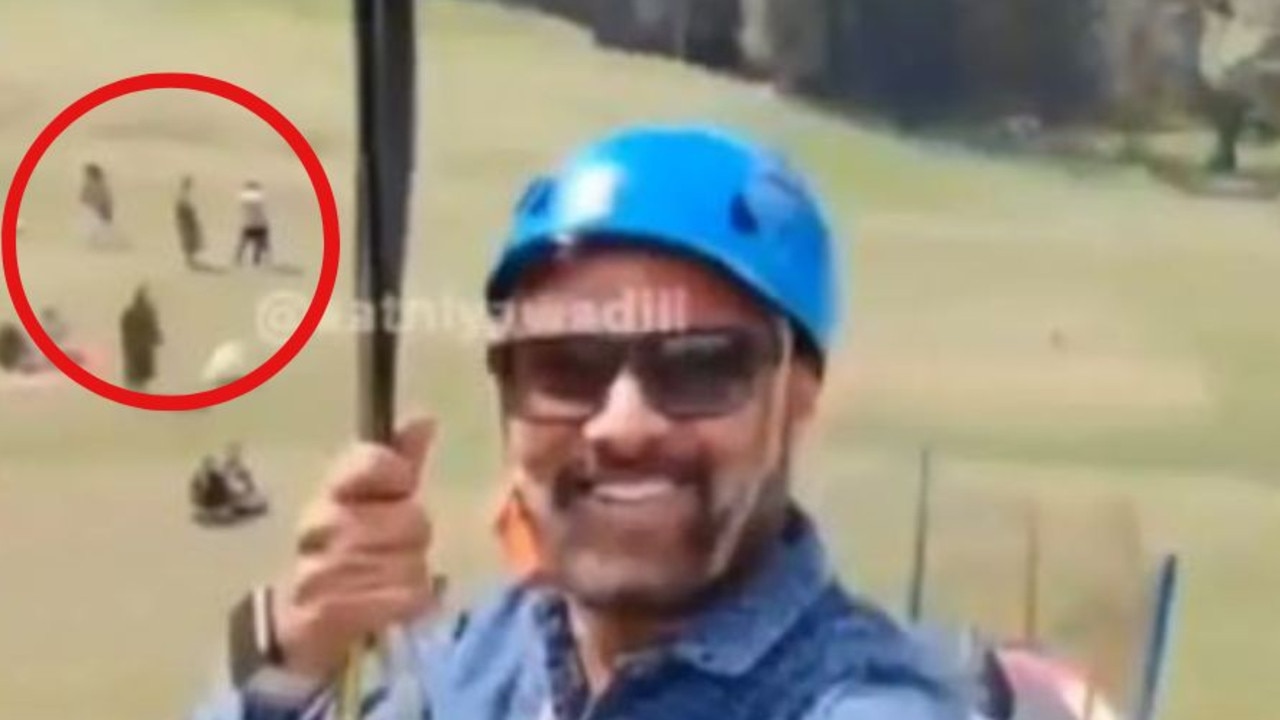Rodrigo Duterte drug war: Police reactivated after hiatus
FIREBRAND Philippines President has announced police will resume anti-drug operations in response to a “clamour for the public”, leaving critics horrified.
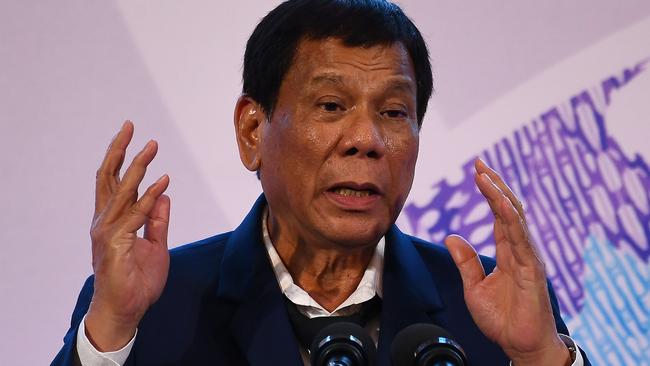
PHILIPPINES President Rodrigo Duterte has ordered the national police to rejoin anti-drug operations in a controversial move.
Duterte, who stormed to power last year promising to kill 100,000 drug dealers and criminals within six months of coming to power, said police had resumed anti-drug operations following a “clamour from the public.”
Human rights groups have expressed alarm at the move, calling it a war on the poor which may constitute crimes against humanity.
Human Rights Watch (HWR) estimate more than 12,000 victims have been killed in campaign that it has linked to numerous extrajudicial executions by police and their agents.
It argues most of those killed are from Manila’s slum areas and Duterte’s war on drugs targets some of the country’s most vulnerable people.
The suspension was the second time the President has overturned previous decisions to remove the law officials from the brutal crackdown amid growing alarm over the deaths of thousands of suspects.
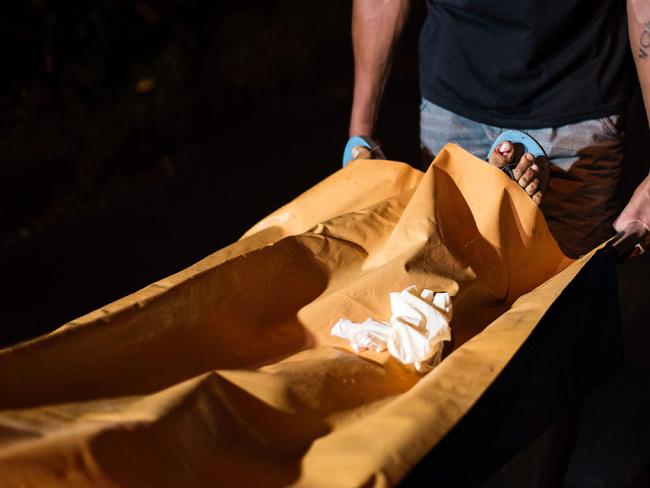
Duterte pulled the national police from the campaign just a month before he hosted a November summit of about 20 world leaders including US President Donald Trump.
Duterte admitted the decision was linked to growing domestic and international condemnation over the drug campaign’s horrific human toll and stated the suspension would be “better for the bleeding hearts and media,” Reuters reported.
Presidential spokesman Harry Roque said earlier this week Duterte’s new memorandum directed the Philippine National Police and other law enforcement agencies “to resume providing active support” to the Philippine Drug Enforcement Agency, a small agency delegated to spearhead anti-drug operations.
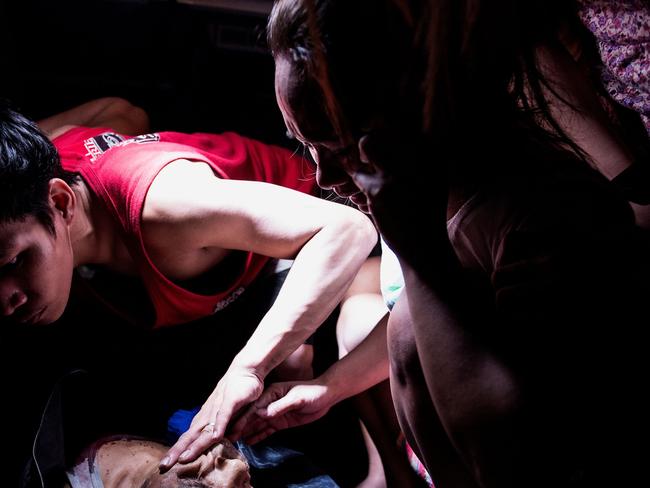
He said Duterte recognised that the anti-drug campaign had been seriously hampered by PDEA’s lack of resources and that there had been a resurgence of drug crimes since police and other law enforcement agencies were directed to leave the crackdown.
Phelim Kine, Deputy Director, Asia Division for HRW said this effectively gave the green light for extrajudicial executions.
“The government’s failure to hold anyone accountable for the thousands of drug war deaths make it highly unlikely that the PDEA will be able to restrain well-documented police abuses,” he said.
However Mr Kine said the resumption of police anti-drug operations was not completely unexpected.
The National Police Director General Ronald deal Rosa criticised the suspension, saying, “Drug pushers are saying hallelujah.”
Mr Kine said Duterte may have also felt emboldened by the unwillingness of either US President Donald Trump or fellow Association of Southeast Asian Nations (ASEAN) leaders to publicly challenge the drug war slaughter during last month’s ASEAN 2017 Summit.
The move came as the country’s Supreme Court continued a public hearing and deliberations on petitions challenging the anti-drug war.
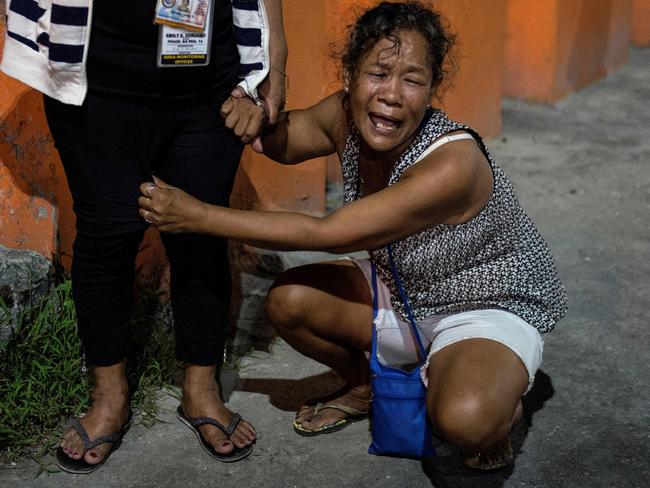
Supreme Court Chief Justice Maria Lourdes Sereno said on a single day, 32 drug suspects were killed in one province in nine hours and a similar number were killed in one city.
He also said that Duterte was quoted as saying that was a good outcome that should happen every day.
Solicitor General Jose Calida argued that Duterte may have been joking.
BACKLASH
Duterte first pulled the 160,000-strong police force from his anti-drug campaign in January amid public outrage over the strangling to death of a South Korean businessman in front of the national police headquarters, allegedly by an officer involved in the crackdown.
The officer and other policemen allegedly used the drug campaign as a cover to kidnap the Korean and extort money from his family.
Duterte then said he wanted to cleanse the national police force, which he condemned as “corrupt to the core” and ordered the military and the PDEA to continue the crackdown.
He later reintroduced the police despite concerns that it remained corrupt.
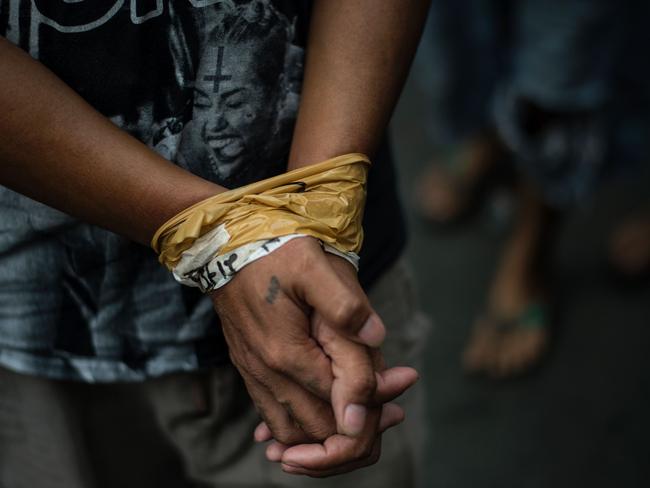
Philippine authorities claim 4000 suspects have been killed, mostly in firefights with police, however rights groups argue that figure is much higher.
They have also accused police of carrying out extrajudicial killings and covering them up by planting guns on slain suspects, most of whom were poor addicts and drug peddlers.
DEATH THAT GALVANISED A NATION
Defenders of Duterte claimed the war on drugs was popular among Filipinos with most supporting the controversial campaign.
However a teenager’s death in August raised questions over the killings.
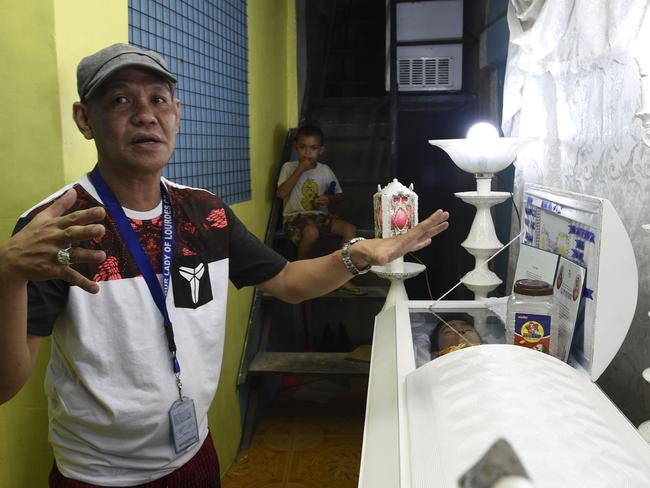
The death of Kian Loyd delos Santos, 17, galvanised a nation and sparked an outcry from church leaders after it emerged police planted evidence to implicate him.
Police claimed was part of a legitimate anti-drugs operation however witness accounts and CCTV footage contradicted their account and painted a picture of an extrajudicial killing of an innocent young man.
His final words “Please can I go home, I have school tomorrow” struck a chord among Duterte’s most hardened supporters after witnesses said the teen was handed a gun and ordered to run by plainclothes police.
His dead body was found curled into a foetal position in a dark corner and he was found with a gun in his left hand.
The public outcry that followed sparked an official investigation and led to three police officers and their commanders being stood down.
— with AP

